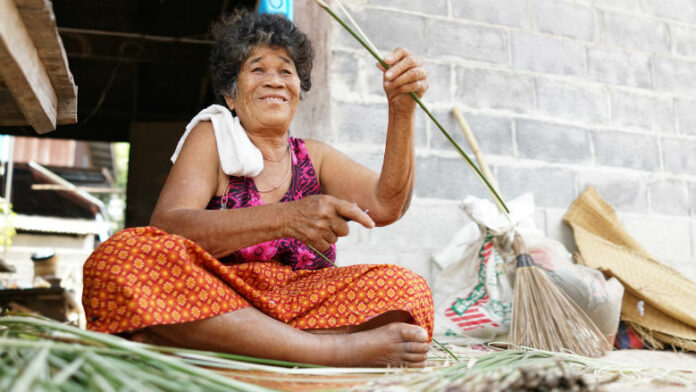National —
The Thai government is currently not considering a policy to raise the value-added tax (VAT) from its current 7% to 10%, the government on Sunday, August 27th, clarified. However, discussions have emerged that such an increase could potentially generate additional funds to support the country’s growing elderly population.
Mr. Pornchai Thiravej, the director of the Office of Fiscal Economy, revealed that the National Economic and Social Development Council has put forward the proposal of raising the VAT rate. This, they argue, could potentially provide a reliable source of funds to aid the financial needs of retirees.
The proposition centers on setting aside the additional 3 percentage points from the VAT hike to contribute to the support of elderly citizens. Despite these deliberations, the Thai Ministry of Finance has not formulated any concrete policy aimed at increasing the VAT yet, according to the ministry’s statement on Sunday.
However, the council’s analysis highlights the pressing demographic challenges facing Thailand. Presently, the nation has around 13.5 million elderly individuals, comprising roughly 20% of the total population. However, projections indicate that within a decade, this number could rise to exceed 18 million, constituting over 28% of the entire population. Furthermore, experts predict that by 2040, Thailand will be home to 20.51 million elderly residents, representing around 31.37% of the total population, or a third of the population.
Mr. Pornchai said that a significant portion of Thailand’s elderly citizens is facing financial struggles. Many find themselves lacking the means to cover essential expenses, with their incomes falling below the poverty line. Astonishingly, surveys have shown that despite reaching the retirement age, nearly 34% of Thai citizens continue to work. Out of these, a staggering 80% earn less than 100,000 baht annually, illustrating their reliance on supplementary income sources to meet basic living costs.
Current sources of income for elderly Thais include work (32.4%), financial assistance from their children (32.2%), and pensions (19.2%). Moreover, over 41.4% of elderly citizens have savings of less than 50,000 baht.
In Thailand, government employees are the only recipients of the government’s pension benefits, which constitute at least 40% of their monthly earnings. However, for most Thai citizens who contribute to retirement savings schemes, such as social security or the National Savings Fund, these funds often prove insufficient to maintain their standard of living after retirement.
“While the proposal to increase the VAT rate might face public resistance, we believe that with proper explanation, it could find acceptance among the populace,” Mr. Pornchai said. “As Thailand grapples with the impending demographic shift, finding sustainable solutions to support its growing elderly population remains a crucial endeavor.”
This article originally appeared on our sister website The Pattaya News.




